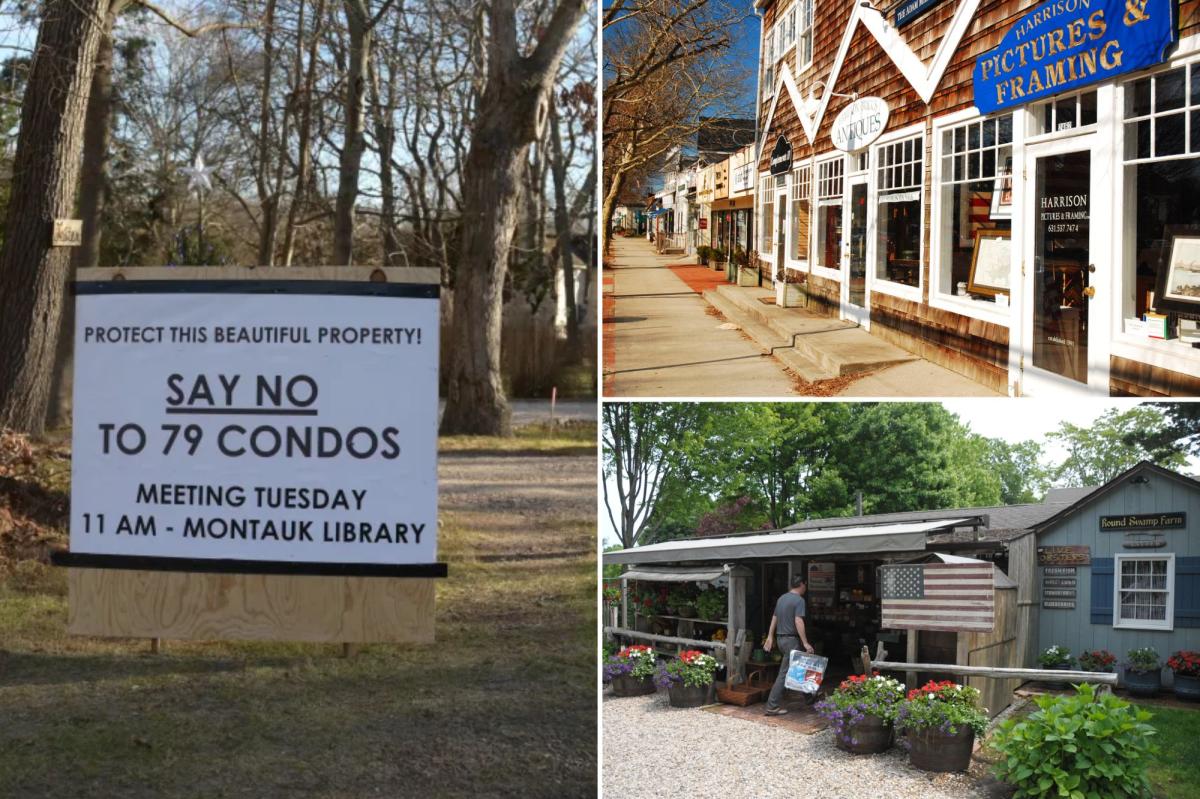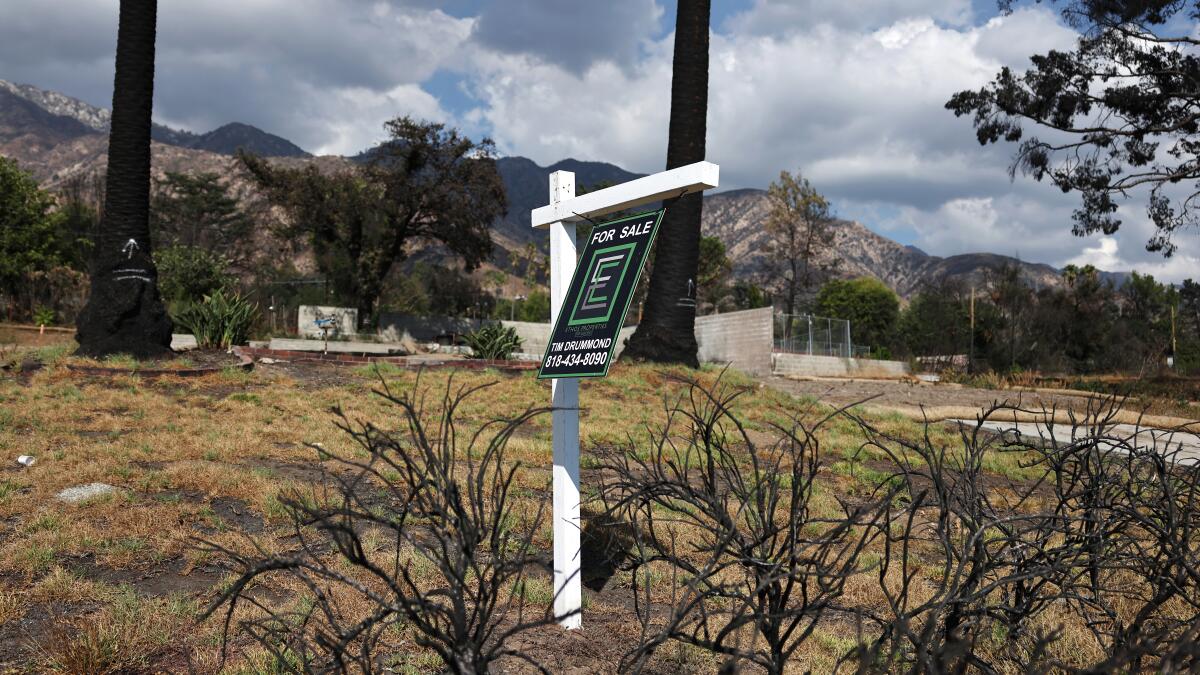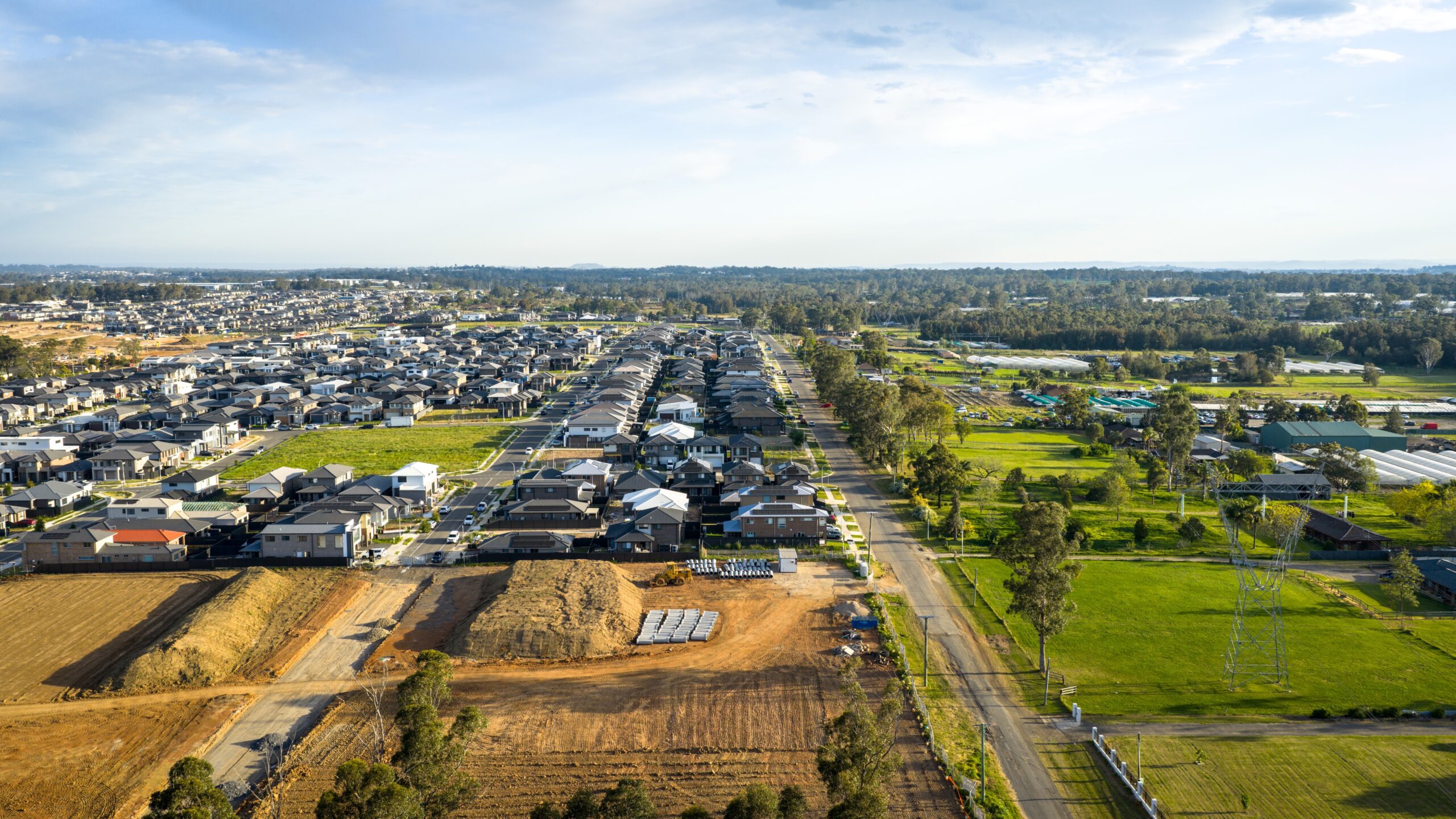T
he battle for control between homeowners and HOAs has reached a boiling point, with regulatory shifts rewriting the rules of community governance across states like Texas and Florida. These changes are reshaping the financial landscape for suburban and planned communities, going beyond who can host a rally or install solar tiles to affect property values and sustainability.
In 2025, Texas passed laws that highlight the evolving clash between homeowner rights and HOA authority. House Bill 431 classifies solar roof tiles as protected "solar energy devices," forcing HOAs to approve these installations, while House Bill 517 bans HOAs from penalizing homeowners for brown lawns during water restrictions. The most contentious change is House Bill 621, which lets homeowners invite political candidates to speak in common areas, potentially opening a Pandora's box for communities with polarized politics.
The financial implications of these regulations are mixed. On one hand, HOAs face increased administrative costs to comply with transparency mandates and reserve studies. On the other, well-maintained HOAs with strong reserve funds see a 4-6% premium in property values compared to non-HOA communities. In Florida, post-Champlain Towers reforms have forced HOAs to raise monthly assessments, but this ensures that communities are less likely to face catastrophic repair costs down the line.
For investors, the key is to balance risk and reward by focusing on markets with aggressive HOA regulatory changes, such as Texas, Florida, and Arizona. When evaluating an HOA community, dig into its reserve studies and look for a 20% reserve ratio or higher. HOAs that enforce green initiatives are attracting a younger demographic, selling properties 10-15% faster than traditional listings.
However, homeowner pushback is a growing concern, with rising HOA fees leading to class-action lawsuits and homeowners opting out of HOAs altogether. This trend could see a 5-10% devaluation in HOA-governed communities if it intensifies. The bottom line is that the HOA wars are far from over, and investors must navigate the legal and financial complexities to succeed.














